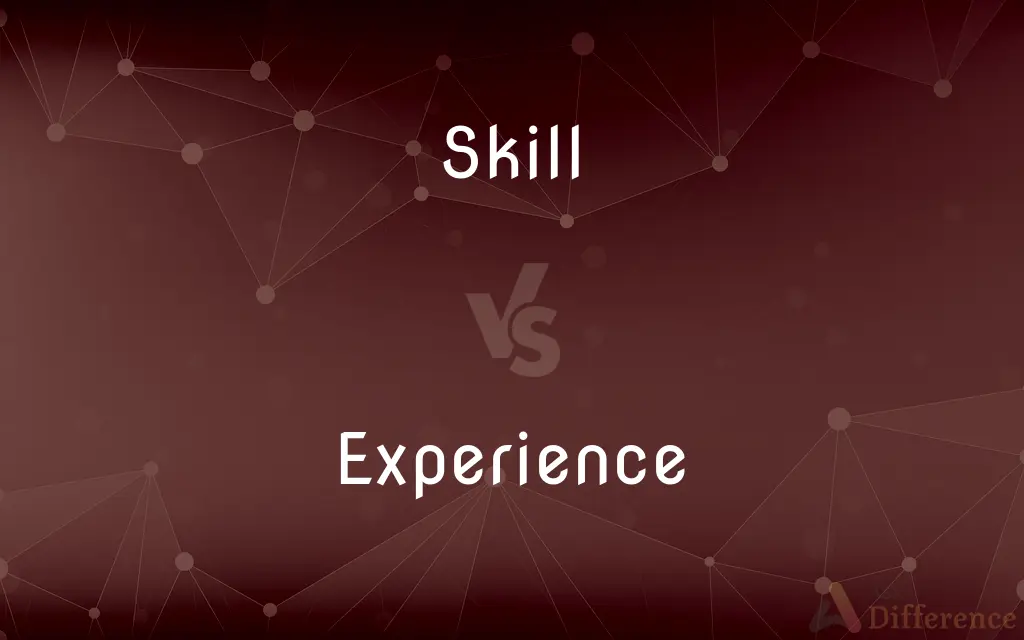Moving your career forward often requires a combination of strategic planning, continuous learning, and a proactive approach. In this "How to Move Your Career Forward" blog, we will explore key steps and strategies to help you advance your professional journey.
1. Self-Assessment and Goal Setting
Start by conducting a thorough self-assessment. Reflect on your skills, strengths, weaknesses, values, and interests. What are your long-term career goals? Knowing yourself and your aspirations is the first step in moving your career forward.
2. Skill Development and Continuous Learning
In today's rapidly evolving job market, continuous learning and skill development are essential. Identify the skills and knowledge that are in demand in your industry and invest in acquiring or improving them. This might involve taking courses, attending workshops, or pursuing certifications.
3. Networking
Building and maintaining a strong professional network is a powerful way to advance your career. Attend industry events, join relevant online communities, and connect with colleagues and mentors who can offer guidance, support, and opportunities.
4. Personal Branding
Establishing a personal brand can make you stand out in your field. Craft a compelling resume and LinkedIn profile, create a professional online presence, and showcase your expertise by sharing valuable content and insights within your industry.
5. Set Short-Term and Long-Term Goals
Define clear, achievable short-term and long-term career goals. Short-term goals provide you with actionable steps, while long-term goals give you direction and motivation. Regularly review and adjust your goals as your career progresses.
6. Seek Feedback and Mentorship
Feedback is invaluable for personal and professional growth. Seek feedback from colleagues and supervisors, and use it to make improvements. Consider finding a mentor who can provide guidance and support as you navigate your career.
7. Explore New Opportunities
Don't be afraid to explore new career opportunities, whether within your current organization or elsewhere. Be open to lateral moves, promotions, or even career changes if they align with your goals and interests.
8. Work-Life Balance
Maintaining a healthy work-life balance is crucial for career sustainability. Overworking can lead to burnout, which can hinder your progress. Prioritize self-care and balance to ensure long-term success.
9. Stay Informed and Adapt
Stay informed about industry trends, technological advancements, and changes in your field. Adaptability is a key skill in the modern workforce. Be ready to pivot when needed to align with evolving industry demands.
10. Take Risks and Embrace Challenges
Growth often comes from taking calculated risks and embracing challenges. Don't shy away from new experiences or projects that push you out of your comfort zone.
11. Track Your Progress
Regularly assess your progress toward your career goals. Keep a record of your achievements, no matter how small, and celebrate your successes. This can boost your motivation and provide a sense of accomplishment.
12. Seek Balance and Fulfillment
Ultimately, moving your career forward should be aligned with your personal fulfillment and happiness. Pursue a career that not only brings success but also a sense of purpose and joy.
Moving your career forward is an ongoing journey that requires dedication and adaptability. By following these strategies and staying committed to your goals, you can take control of your professional path and work toward the success you desire. Remember, your career is a reflection of your aspirations, values, and the effort you put into it.












